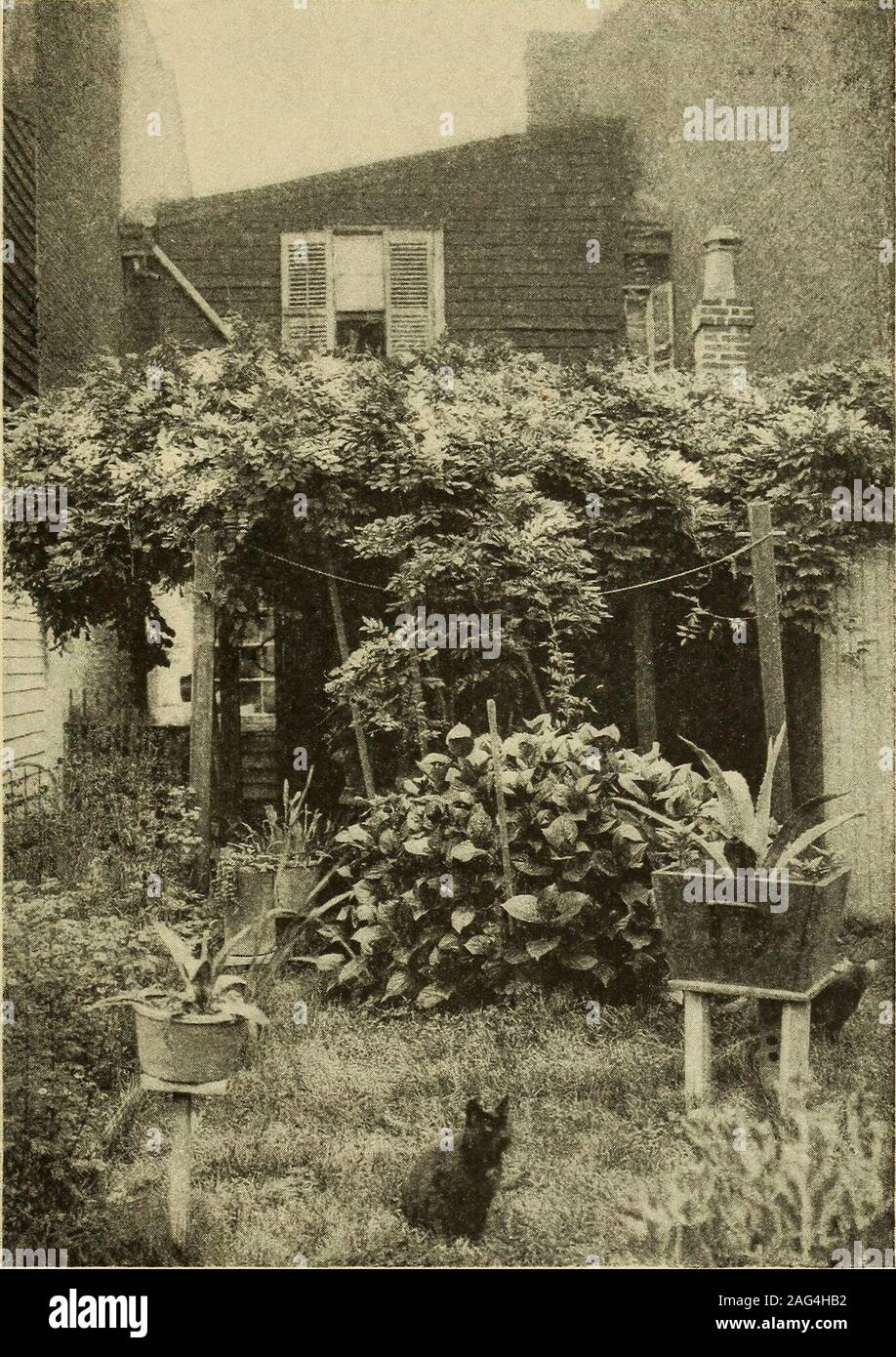. Backgrounds of literature. d, and divined withhis heart—the America of active life, of co-lossal energy, of native manliness, of free,unconventional, friendly living. This Americaof the farm, the workshop, the railroad, theprairie, the mining camp, the rushing, tumultu-ous play of elemental forces, he saw with a clear-ness of vision that no other poet has possessed,and described with a freshness and boldness ofphrase that give incontrovertible evidence of realpoetic power. This physical and social Americais the background of his poetry; and in makingit his background Whitman struck his one o

Image details
Contributor:
The Reading Room / Alamy Stock PhotoImage ID:
2AG4HB2File size:
7.1 MB (798.6 KB Compressed download)Releases:
Model - no | Property - noDo I need a release?Dimensions:
1329 x 1880 px | 22.5 x 31.8 cm | 8.9 x 12.5 inches | 150dpiMore information:
This image is a public domain image, which means either that copyright has expired in the image or the copyright holder has waived their copyright. Alamy charges you a fee for access to the high resolution copy of the image.
This image could have imperfections as it’s either historical or reportage.
. Backgrounds of literature. d, and divined withhis heart—the America of active life, of co-lossal energy, of native manliness, of free, unconventional, friendly living. This Americaof the farm, the workshop, the railroad, theprairie, the mining camp, the rushing, tumultu-ous play of elemental forces, he saw with a clear-ness of vision that no other poet has possessed, and described with a freshness and boldness ofphrase that give incontrovertible evidence of realpoetic power. This physical and social Americais the background of his poetry; and in makingit his background Whitman struck his one ori-ginal note and made his one contribution to ourliterature. An English critic has said recently of Wil-liam Morris that, passionate as was his reactionagainst the ugliness of contemporary life andhis determination to bring the beautiful back toits old place and function, his inability to turna personal conviction into an overwhelmingmovement was evidenced by his failure to give 216 The Garden of ^hitmans House in Caradej. AMERICA IN WHITMANS POETRY common, modern, useful things beautiful forms.He could give a chest or chair or table the ex-quisite symmetry or the massive lines which theyhad in their best estate, but he did not give usartistic lamp-posts and letter-boxes. Whitmandid precisely this; he took the roughest materialclose at hand, and not only divined its poeticsignificance, but resolutely set himself the taskof making others recognize it. He was, fortu-nately, so accustomed to uncouthness, rough-ness, crudity, that these early conditions of allvital things did not repel him; on the contrary, they appealed to his imagination. He hadgrown up with them and made friends withthem in those sensitive hours when the imagi-nation forms its intimacies; and the greatrough, crude life of the new continent openedits heart to him. Other poets had divined whatwas in the American spirit and had heard notesthat escaped him, but Whitman was the firstpoet to get into his verse the c